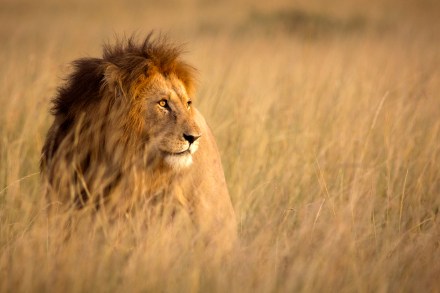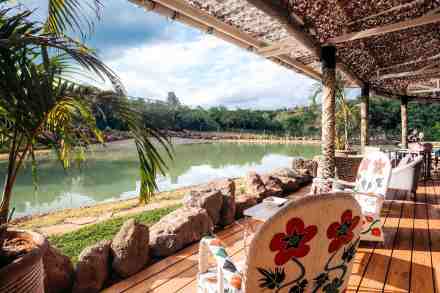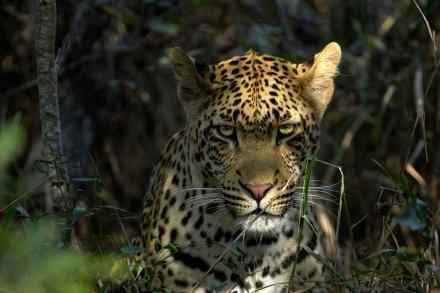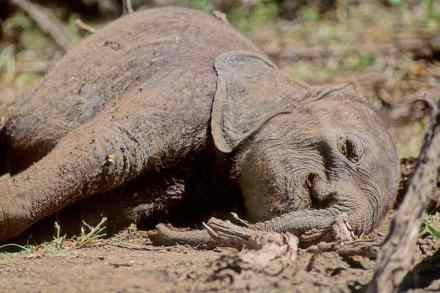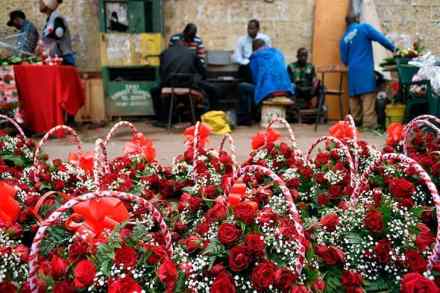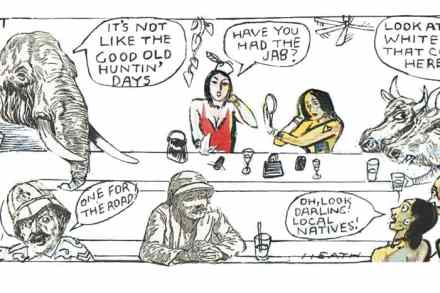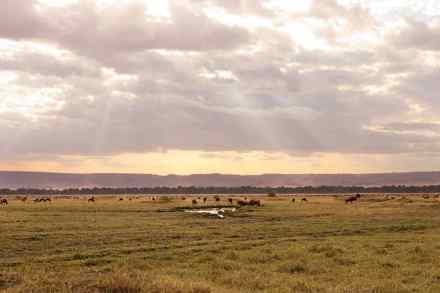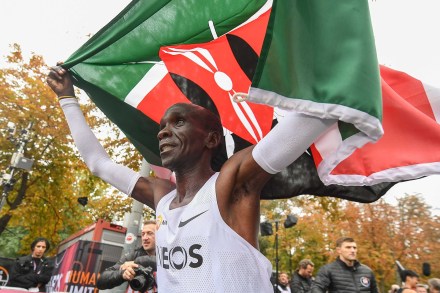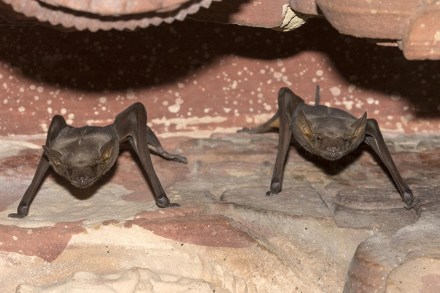The inside track on racing syndicates
Billy Connolly once declared that Scotland had only two seasons: June and winter. Perversely, though, just as the northern swallows are setting their alarm clocks and checking departure times for Cape Town and Johannesburg, it has become the Oakley tradition to head for the Isle of Mull. In recent years the accompanying essentials, Mrs Oakley, a case of good wine, long wellies and a surf-addicted flat-coat retriever, have been supplemented by author Felix Francis sending me in late August his latest forthcoming ‘Dick Francis novel’. When Motivator won in 2005 he had more owners than any Derby winner in history – 230 of them Racing’s continuance owes much to partnerships




